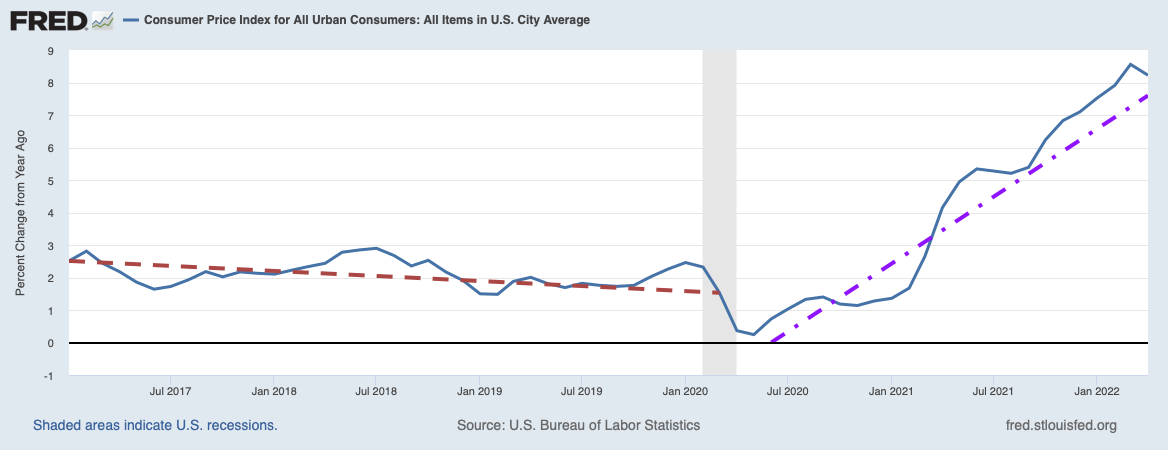Progressives’ Basic Assumptions
The lady in the photo above, like most others in the conference I am attending, has a sunny, upbeat personality that takes anything that life offers in stride. The conference is the 2015 Amputee Coalition National Conference in Tucson, Arizona, and I have been quite impressed with the optimistic vigor that most display confronting their problems. While musing over the whimsical humor she manifested, I was struck that what was happening in this conference absolutely disproves two of the basic assumptions made by progressives.
Earlier on the day I took the photograph, I had finished a reply to a comment on the post “Do Progressives Want a Police State?”. In that reply I commented about the authoritarian inclination that seems ever present in the progressive movement. Progressives themselves are generally fine, decent people, but they have at least three implicit basic assumptions about reality that always drives them toward ever more powerful government. These assumptions are not usually explicitly expressed, but are implicitly present in most major public policy proposals they make.
The first of these assumptions is that ordinary people lack the power to withstand what progressives view as the rapacious oppression of corporations and of that infamous group, the “1%”. Since the common people can not defend themselves, the progressive elite must obtain the reins of government and defend them by the means of changing law and through government regulation. If this requires making the economy dysfunctional, then so be it.
The second assumption held by most if not all of the progressive elite is that ordinary people lack the necessary knowledge and understanding to cause effective change, even if they had the power to solve their own problems. Therefore, it is the burden of the progressive, university educated nobility to do all the necessary thinking for the common people.
Yet a third assumption is that capitalism and free-markets are inimical to the material well-being of the people. Any disastrous economic event is necessarily a “free-market failure”, and greedy businessmen and investors are free to loot ordinary workers of the wealth they created. For these reasons, progressives must use intrusive regulatory power to keep corporations and the wealthy from causing economic downturns and oppressing the people.
Each of these three assumptions forces the progressives into increasingly authoritarian positions. When is the last time you heard of Democrats proposing to decrease the power of the state?
After finishing the comment in which I listed my perceptions of progressives’ basic assumptions, I went to a conference social occasion at which I took the photograph above. It seemed to me that what the attendees were doing fundamentally disproves the first two of the assumptions in my list. Let us consider first the assumption about the lack of power ordinary people have in facing their problems.
The conference attendees seem to form a cross-section of the American population from the lower middle class on up in income, and definitely they formed a demographic cross-section. Blacks, whites, hispanics, and asians could all be seen. The requirement of having to travel to the conference and pay for the hotel stay almost certainly excluded low-income people. Outside of this one caveat, the attendees seem to sample all income and demographic groups.
The first thing to say about the attendees is that they were both collectively and individually very bright and knowledgable: collectively by pooling knowledge and networking to solve the problems of the amputee community; and individually by their personal knowledge and experiences. These were not the uneducated common folk of the late 19th century when progressivism first formed its basic assumptions. Also, the opportunities to learn in the modern world are more available, affordable, encyclopedic, and free from government regulation than anything the human race has had in the past. As one would expect from such an all-encompassing event, the arrival of the computer and the internet has spawned its own vocabulary, in particular the verb “to google”. By googling for information on any subject, one can usually find a vast number of links to online information sources with diverse points of view. Comparing and contrasting the opinions of these sources, one has a chance to develop an informed opinion about virtually anything. Almost everyone has access to this knowledge, even the poor. Computer access to the internet is provided by most public libraries, and nowadays even cell phones can give a connection.
A second observation on the Amputee Coalition is that they have worked to solve their own problems primarily with their own resources. As a special interest group, they have lobbied Congress and state legislatures for their constituency, but as far as I can tell, the organization gets almost all of its assets from its members and from donations. These are not powerless individuals who are the easy victims of large corporations and the rich. Rather, they obtain their power by voluntarily associating and pooling knowledge and assets. Because of their attractiveness as a market, a conference exhibition hall was filled with the exhibits of many (generally small) businesses who were bidding for their business. No seller of goods was coerced into selling, and no potential buyer was coerced into buying.
The fact that voluntary organizations like the Amputee Coalition exist shreds the first two basic assumptions of progressivism. Most people are powerful enough to address their own problems without the government, albeit they sometimes gain this power through voluntary associations. This kind of non-governmental association is very different from our universal, non-voluntary association with local, state, and federal governments. People who voluntarily associate to solve problems are generally enthusiastic in participating and truly enjoy contributing to the overall effort. In addition, through their own efforts they are more than capable of learning what is going on in the world and discovering how they can attack their problems themselves.
I have already commented at length on the falseness of the third progressive assumption in previous posts. Most economic crises in the modern world are created by government action, not “free-market failures”. There was a time in the late 19th century when absence of current knowledge of the state of markets, especially if the markets were remote, meant that a producer did not have the necessary signals from the price system to produce the proper amount of goods at the “equilibrium” price to meet demand. Such imbalances between supply and demand could then cause a recession or depression that properly could be called a free-market failure.
In the modern world however, communications of price and demand changes literally occur at the speed-of-light, and modern computers keep a strict watch on inventories and current demand for the various goods and services of the economy. In a modern, truly free market it is highly unlikely that an economic crisis will be caused by a free-market failure.
Nowadays, our economic problems in the United States (and from what I can tell, in all the rest of the world) arise precisely because we do not have a true free-market. Most economies, including our own, are described as mixed economies, with a great deal of government intrusion and interference. As we have previously noted in most of the posts on economic crises, the actions of central banks, such as the Federal Reserve System, often help to inflate asset bubbles. After the inevitable “pricking” of the asset bubble, the financial institutions come under severe stress that can even threaten their existence, and the country is thrown into a recession or depression.
In addition, government stimulus programs, by adding demand for goods and services that the rest of country does not particularly want, causes an imbalance between market supply and demand for that good or service. Once the stimulus is removed, the stimulated supply collapses. The scarce economic resources that went into the production of the stimulated good are not available for the goods and services the economy actually needs. Those resources were wasted. By putting the economy further off-balance, the government stimulus programs cause a delay in full economic recovery.
At some point in the future, most people will inevitably discover that by interfering in the functioning of the economy, the government has taken away much of their income and a lot of their freedom in exchange for shoddy services that do not meet their needs or solve their problems. At that time they will discover the truth of Ronald Reagan’s words: “Government is not the solution to our problem; government is the problem.”
Views: 4,145





























